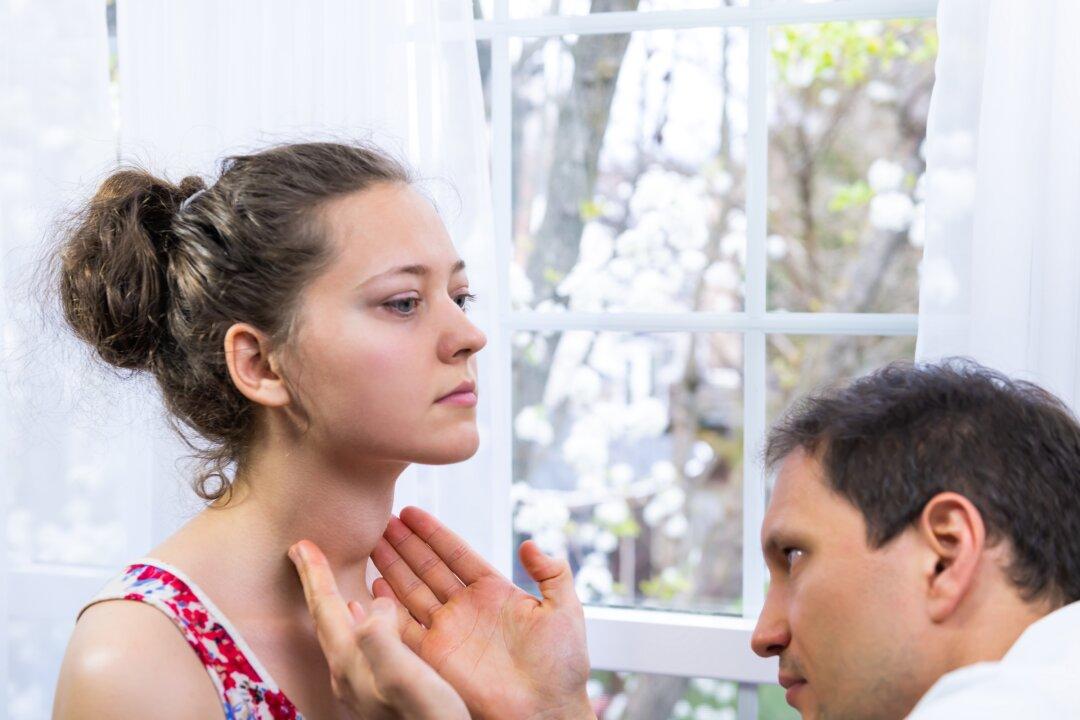You may love a cup of warm green tea in the morning, but did you know it may also set you up for a calmer, less anxious mood throughout your day? Research shows this coffee substitute may be a mood-booster as well.
According to “The Book of Tea,” written in 1906 by Japanese scholar Okakura Kakuzō,[i] “Tea began as a medicine and grew into a beverage.” With that simple yet profound statement, Okakura succinctly explained why green tea has long been celebrated as both a soothing refreshment and health-boosting tonic.





